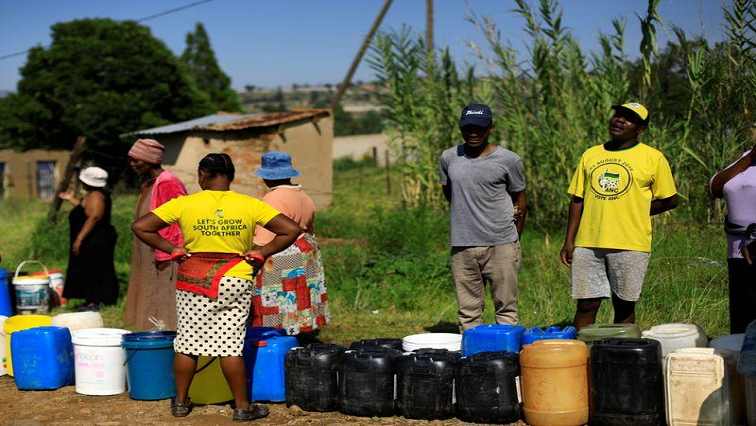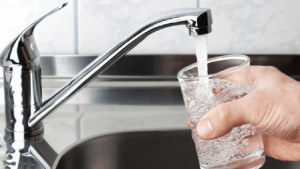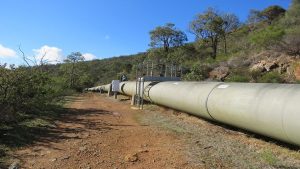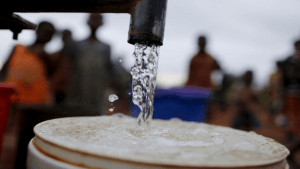The United Nations Development Programme (UNDP) in South Africa and the Water Research Commission (WRC) of South Africa are calling on local innovators to develop technologies and solutions to address South Africa’s water challenges. The two entities signed an agreement, which aims to fast-track the development of innovations in the country’s water sector.
The Water Research Commission says portable water for communities without water is one of the solutions that can alleviate challenges.
City of Cape Town launches its new water strategy:
Water is a scarce resource in the country. Residents of Madibeng municipality, in the North West, suffer an acute shortage of water. In Hammanskraal, north of Pretoria, they still use water that was declared unfit for human consumption. This has been a worrying issue.
Tshwane SANCO Chairperson Abram Mashishi says the Hammanskraal water issue has been long standing.
“Before the new administrator comes on board from the province, we marched to the City. Among the demands was the Hammanskraal water issue, where people of Hammanskraal have been drinking contaminated water that is not purified. Even the Human Rights Commission intervened and confirmed that that water is not drinkable.”
Below is a report on water challenges in Hammanskraal:
Earlier this week, UNDP-SA and the WRC-SA signed a partnership agreement. The agreement aims to fast track developments and promote the adoption of promising innovations in the water sector.
UNDP-SA’s Head of Experimentation Klariska Moodley says new ideas are required to address water challenges that the country faces.
“The UNDP, with the Water Research Commission, aims to advance research, knowledge and development within the water sector in South Africa; particularly addressing the various water challenges we face. This ranges from access to water itself within various communities and also addressing the drought that we recently had and we all know what is going on in that space.”
Interfering with water projects
SANCO in Tshwane is calling on people to desist from interfering with water projects intended to upgrade the water system in Hammanskraal. This as some people delayed projects by demanding to be given 30% of the project.
Mashishi called on law enforcement agencies to deal with those who interfere with government projects.
“We are very worried. We are pleading to government to strengthen the law enforcement agencies and make sure that any person who is going to the site and stop the contract in terms of 30%. Those people must be arrested because the 30% that government has set aside is not cash money. So these informal business people that are claiming to be a business forum are going there demanding the 30% in a form of cash; of which that is the misinterpretation of our government in terms of the processes of the supply chain management.”
Portfolio solutions
UNDP-SA says there are many ways in which water crisis can be addressed. Moodley says through this partnership with the Water Research Commission, the intention is to create a portfolio of solutions.
“We know that business as usual solutions are not working. So, therefore, we are saying we are calling on for unique ideas to come up with solutions that can actually help us address these challenges. There is no one solution that can overcome the many challenges we face. So our goal is to find one unique solution that can address this, but also to build a portfolio of solutions. There is no one silver bullet solution that can address such a big challenge.”
The Water Research Commission says portable water for communities without water is one of the solutions that can alleviate water challenges. Commission’s Head of International Partnerships, Dr Mamohloding Tlhagale, says they already have a solution in their pool of innovations.
“For example, we have already a solution that we have in our pool of innovations, including things like the portable handwashing stations. So we could take those hand washing stations, which has water and in a way they also recycle water as the persons wash their hands, to then make sure that we put them in areas where the communities don’t have access to water. That’s just one example of the things that could be done working together with the government of course to respond to this COVID-19.”






